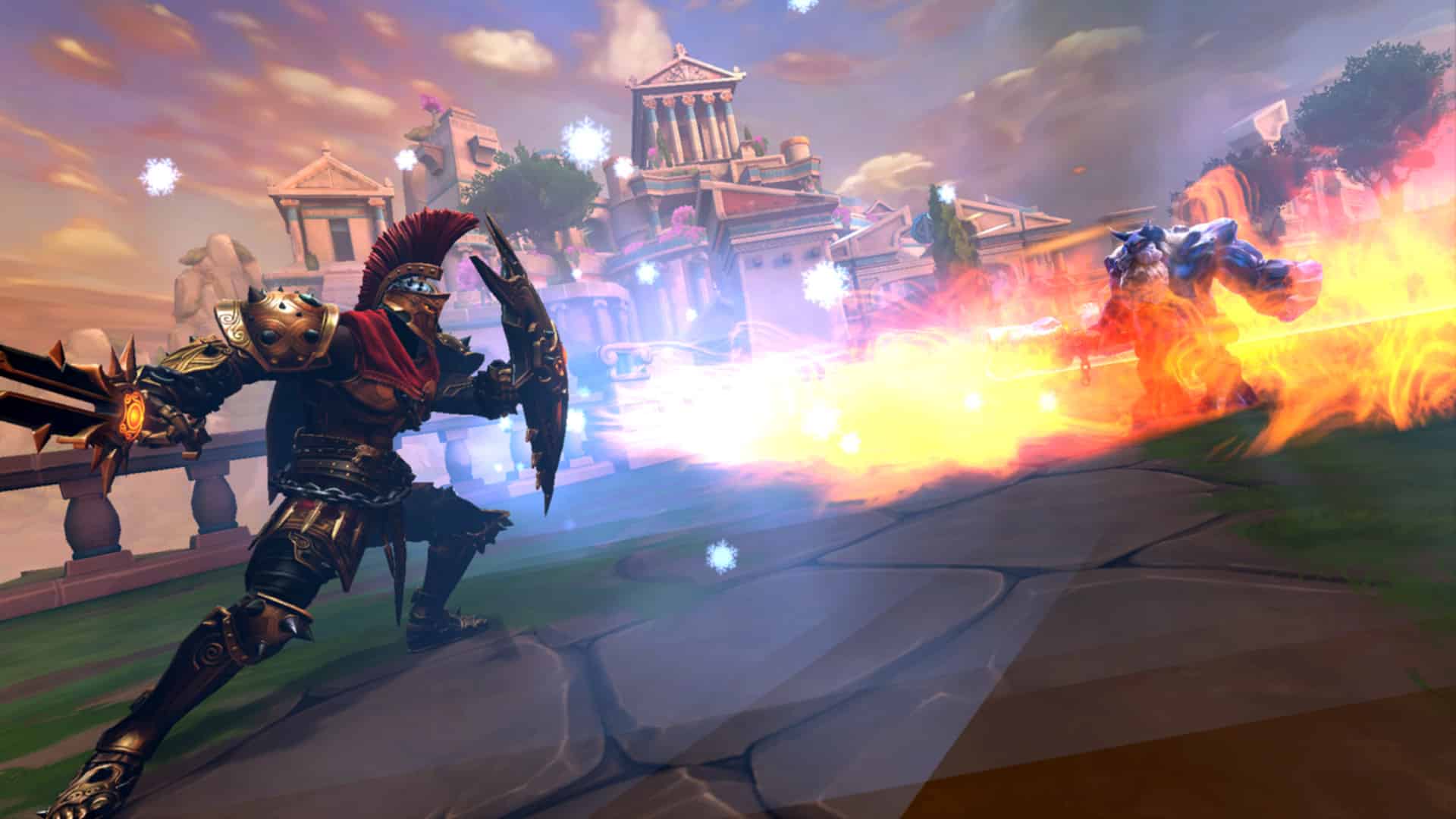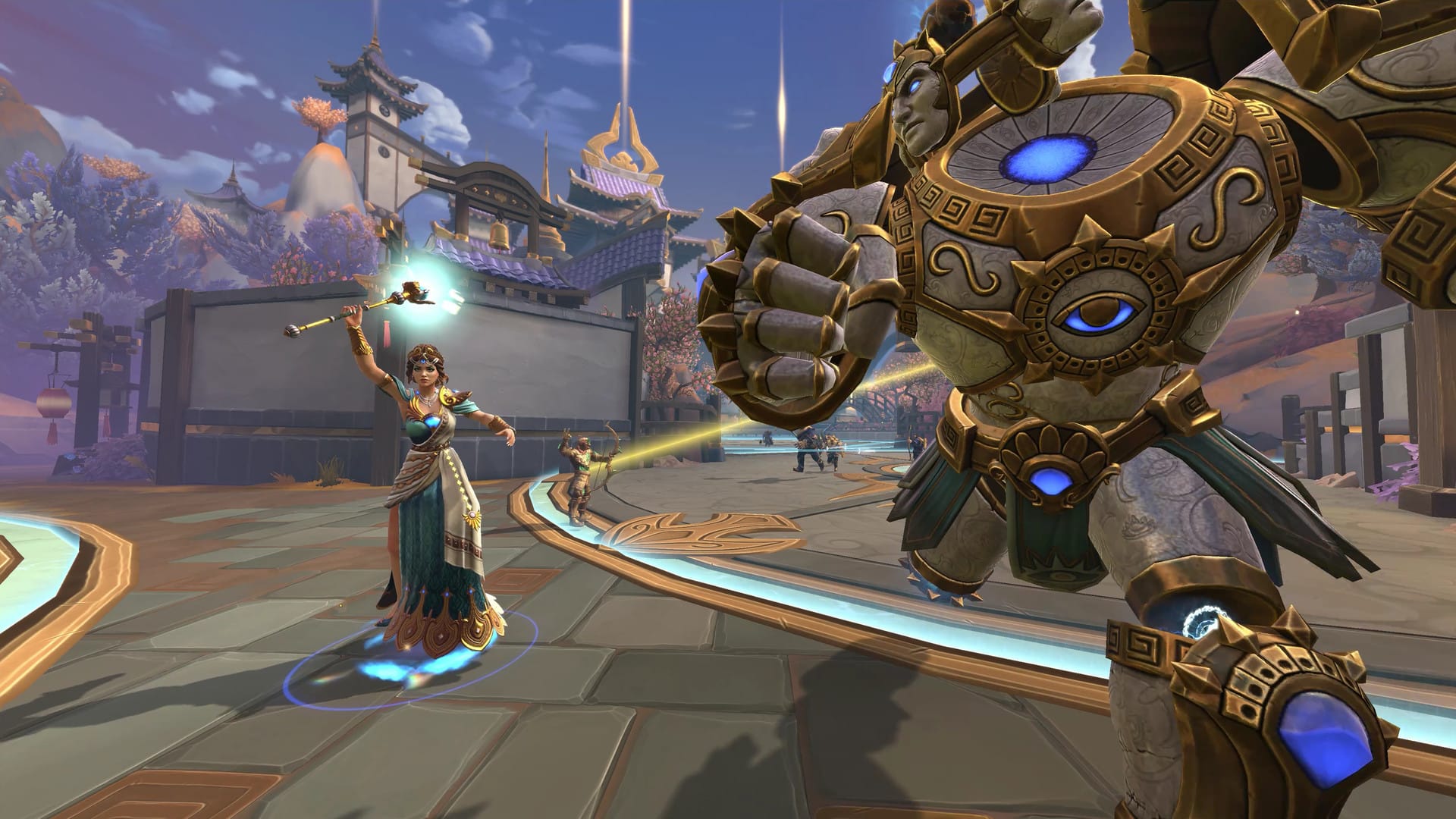Gaming News: First Impressions of the Nintendo Switch 2 – The Future of Fun?
After the initial amazement of receiving a new Nintendo console subsided, conversations swiftly turned towards its standout aspect: the mouse mode. This feature seems to have captivated many gamers, as it presents exciting opportunities for unique gaming experiences. A user named oilfloatsinwater shared their experience in a challenging three-on-three wheelchair basketball game that incorporates the mouse mode significantly. They found it surprisingly tiring, yet enjoyable, describing it as an impressive tech demonstration. This suggests that while the mouse mode may still be experimental, it’s garnering positive responses from early testers. There’s a palpable enthusiasm for the novel game design possibilities this feature offers, much like the reception of ARMS – innovative but needing refinement to achieve the optimal gaming experience.



